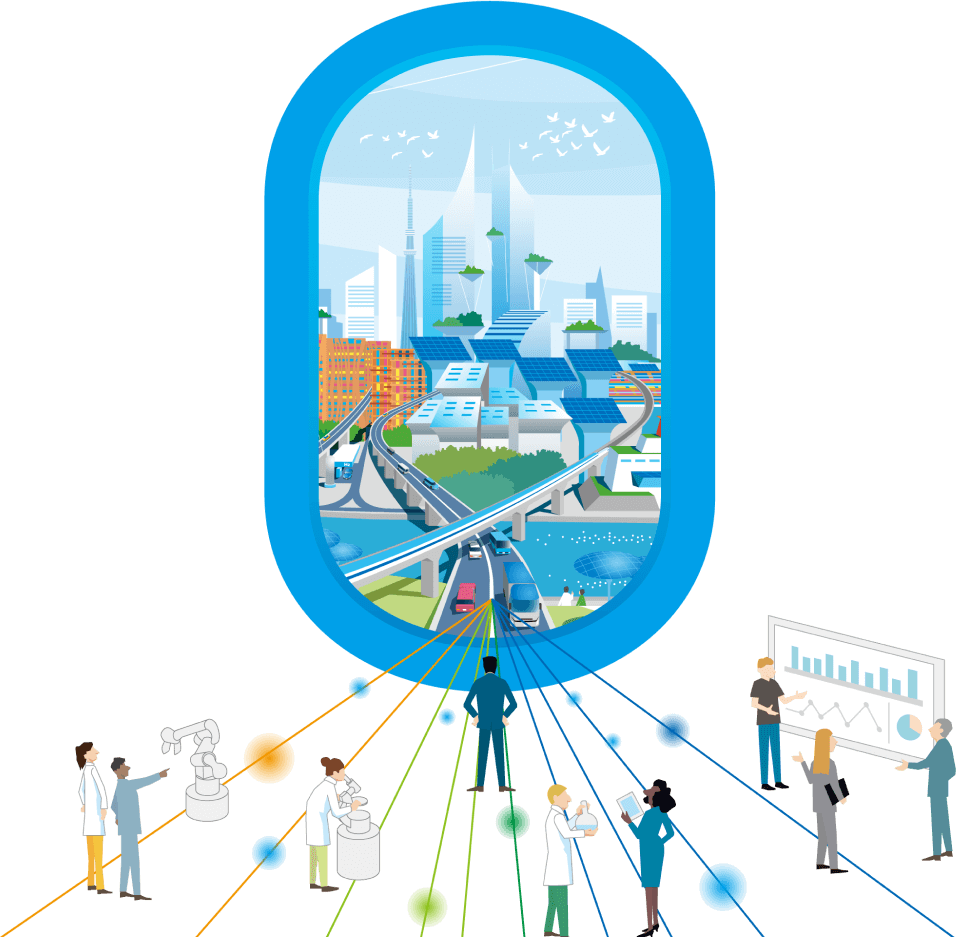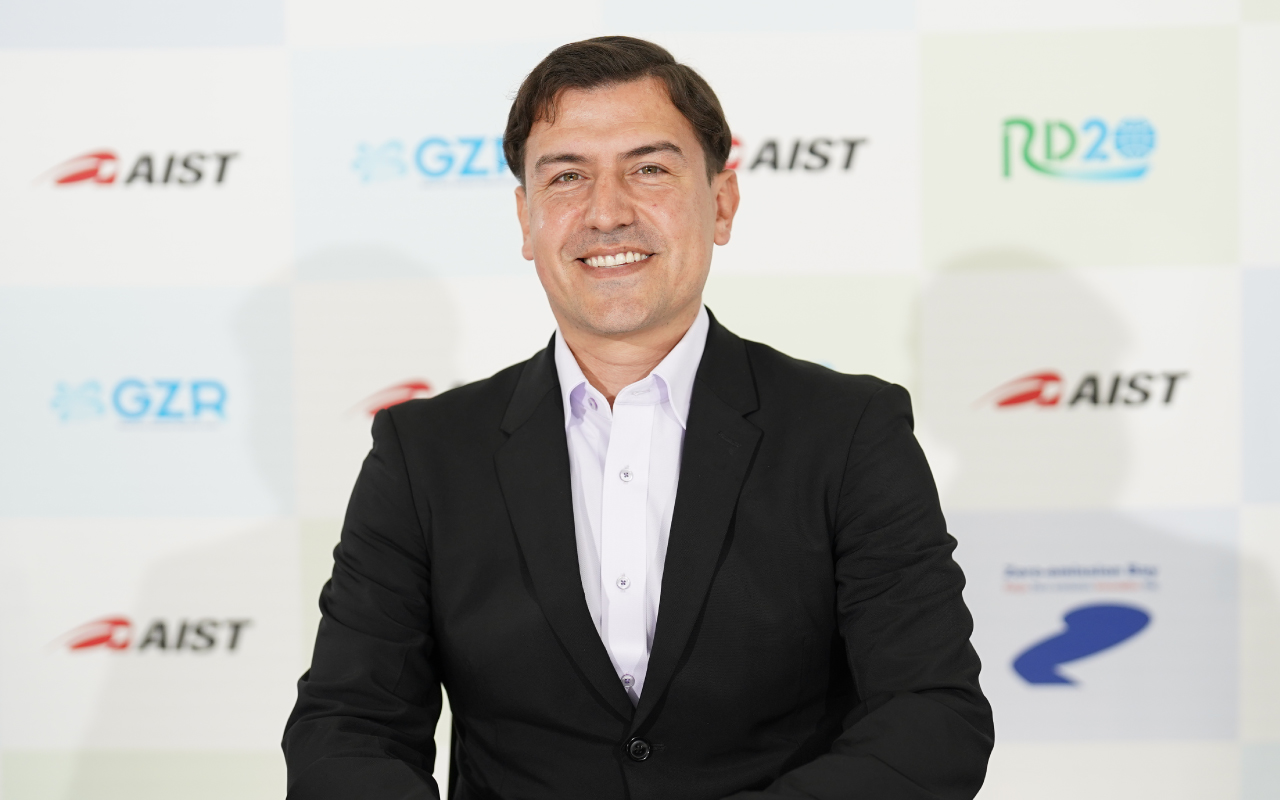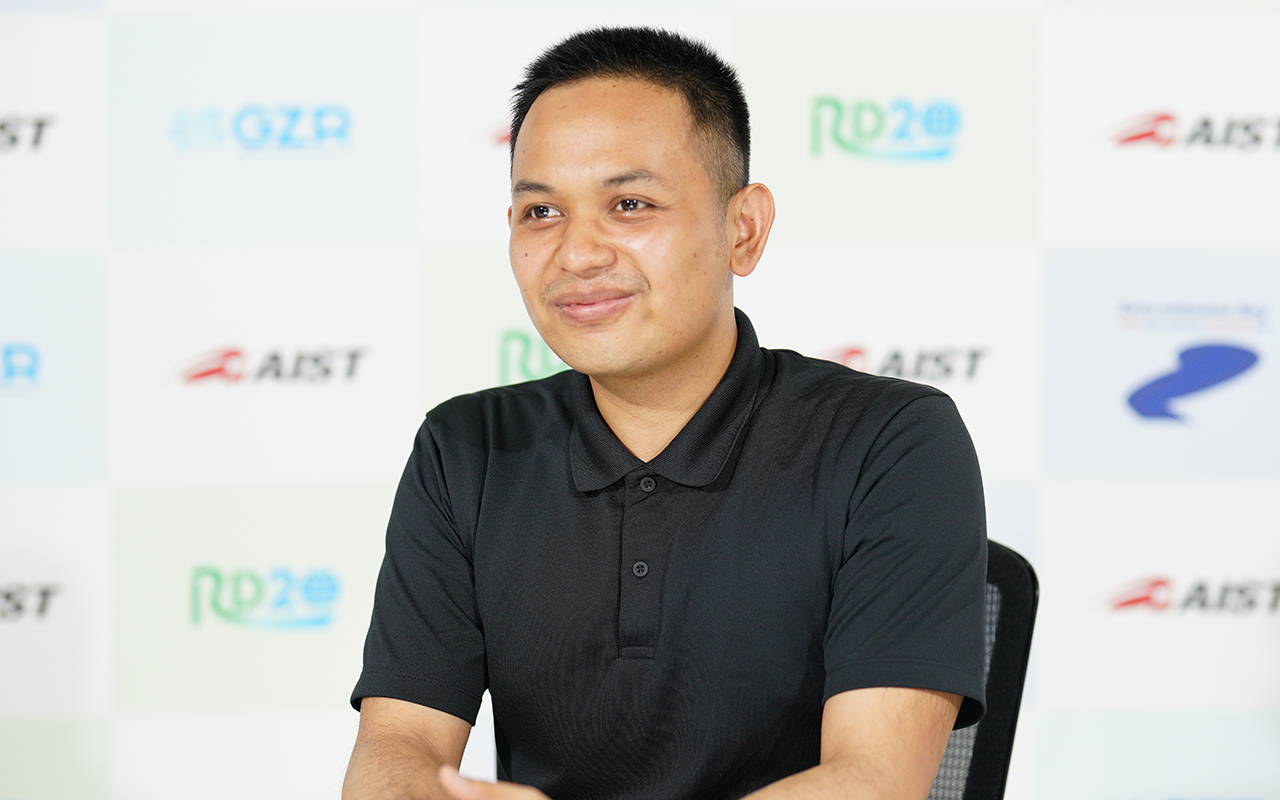Carbon Management Research Team
Our team is conducting a series of innovative technological development related to carbon management, as well as modeling and evaluation for process development and social implementation of technologies.

Research themes
- Development of innovative technologies that recycle (convert) CO₂ into minerals or chemical feedstock. This development leads to the realization of “Beyond Zero” CO₂ emissions.
- Development of CO₂ separation, capture, utilization, and fixation technologies that serve as a base of CCUS/carbon recycling/carbon removal.
- Process design and evaluation of low-carbon technologies using machine learning modeling.
- Developmnet of evaluation tool for low carbon technologies and scenarios development for its social implementation.

Research Team Leader / Greetings
MORIMOTO Shinichirou
Our team will comprehensively engage in innovative technology development, process development, and evaluation study necessary for building a zero-emission society, through which we aim to implement technologies and processes that contribute to CO₂ reduction and sequestration in collaboration with companies.
Members
KELLER Martin
GUZMAN Urbina Alexander
SHARMA Atul
RUSTANDI Rendi
TAMAKI Hideyuki
MITSUDA Nobutaka
KANNO Manabu
SAKAMOTO Shingo
CHUNG KwiMi
KIJIMA Saku
MENDLER Friedrich
TAKEOKA Miho
MATSUMURA Akimitsu
MARUYAMA Kazue
Promoting Carbon Management through Technological Development, Modeling, and Evaluation
Realizing a Zero-Emission Society by integrating technological development and evaluation
Our team develops innovative carbon management technologies, assessment methods, and tools that contribute to CO₂ reduction and removal and to create a zero-emission society.
Specifically, we are developing CO2 capture, utilization, and fixation technologies that underpin CCUS, carbon recycling, and carbon removal. These innovative technologies enable “Beyond Zero” CO2 emissions by converting CO2 into chemical feedstock or minerals.
We are also developing evaluation methods for CCUS, carbon recycling, and CO2 removal based on these technologies. In particular, we are developing a process using machine learning models and tools to assess CO2 reduction effects and economic feasibility.
By integrating technological development and assessment, we are promoting the social implementation of these technologies through corporate collaboration and creating promising scenarios for a zero-emissions society.



Video
Research
Research Teams
- Thermal Energy Device Research Team
- Fundamentals of Ionic Devices Research Team
- Artificial Photosynthesis Research Team
- Carbon-based Energy Carrier Research Team
- Carbon Management Research Team
- Resource Circulation Technology Research Team
- Environmental Impact Research Team
- Environmental and Social Impact Assessment Team
- Data-Driven Smart Society Systems Research Team







